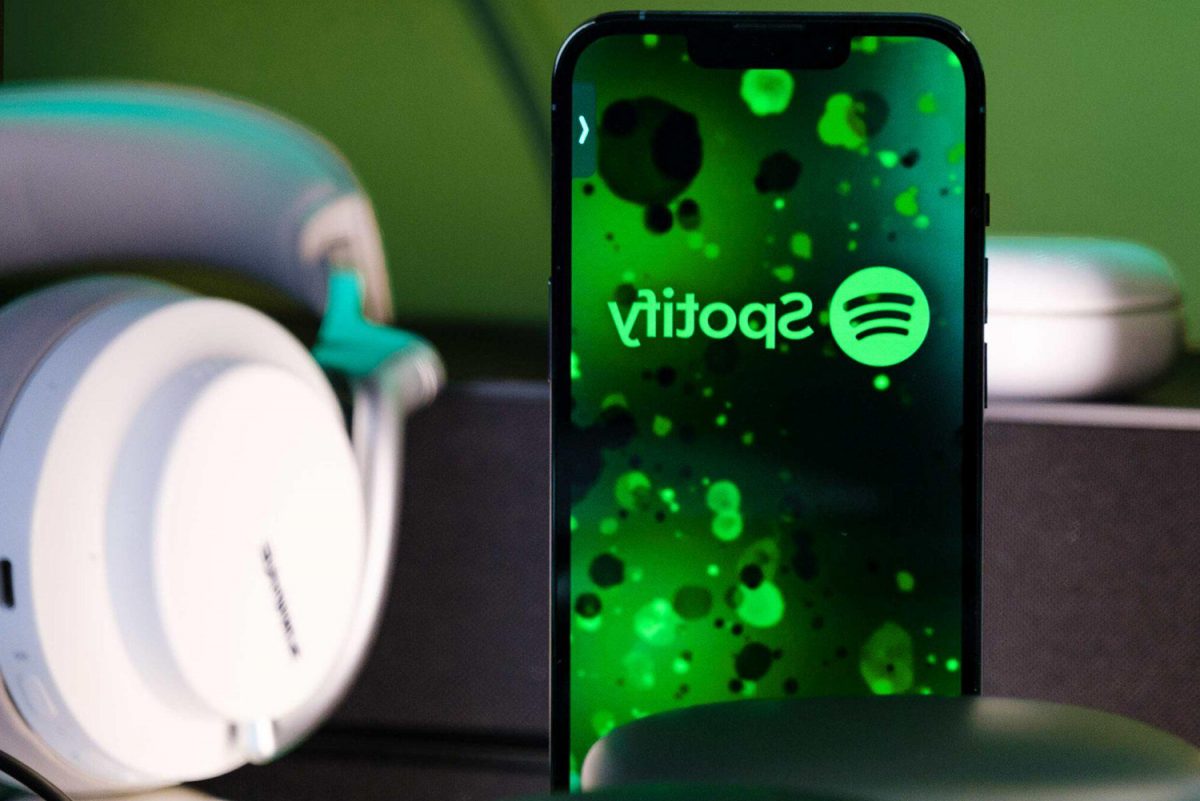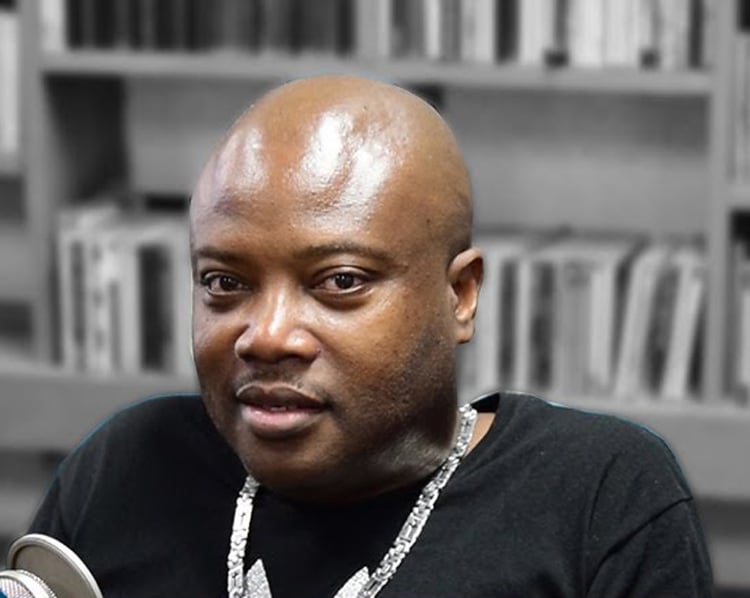Why Dancehall Artists Have Low Music Sales In Jamaica

The vexed issue of Jamaicans not buying the digital music of their favorite Dancehall and Reggae artists was brought to the fore again for discussion, on Saturday by Full Hundred deejay Mr. Lexx.
His concerns came on the heels of similar questions raised by musicologist Kurt Riley weeks ago, regarding the fact that Dancehall and Reggae artists with millions of followers on Instagram and elsewhere on social media are not even able to sell even 10,000 copies of their releases, which cost only an average of US$1.29 (J$200) on iTunes.
According to Mr. Lexx, he is yearning for the day when even one-tenth of Jamaica’s population of 2.7 million, starts to purchase digital music.
“My friend called me excited af about a song he heard an asked me to sen him it. I said No, how about u buy it on Apple Music dat way it mek up my sales an generate some royalties? He said I’ll send u $200 if u sen it to me, I said No use $40 and buy some of my songs. He did,” Lexx noted on his Instagram page.
“I wish more of my friends would do this. As a matter of fact I wish even 10% of Jamaicans would actually buy our music. What wonderful day in music dat would be. #buyyourmusic that’s the only thing other genres have our music. That’s how u truly support the artist,” he added.
https://www.instagram.com/p/CYxaoXElotf/
In the United States, Jamaica’s top music sellers remain Sean Paul, Shaggy, and Bob Marley, whose Legend album outsold the rest of the Top 10 of 2021’s best-selling Reggae albums combined, with over 600,000 units sold, according to data provided to DancehallMag.
The most streamed and best-selling current Dancehall albums of 2021 were Popcaan’s FIXTAPE, which sold 34,000 units, Alkaline’s Top Prize, which sold 17,000 units, and Masicka’s 438 album, which sold over 5,000 units in the last month of the year.
The low music sales continue to hinder many Jamaican artists from climbing atop the coveted Billboard Reggae Albums chart, and making the Billboard Hot 100 as they used to do in the 1990s.
In the interview several weeks ago with veteran journalist Anthony Miller, Riley had rued the fact that while artists were celebrating what they considered high YouTube views, these streams were not commensurate with sales.
“What is the last breakout song that Jamaica had in the last 10 years?” the Party Animal producer asked. “And I don’t mean popular, because popular and hit is two different ting enuh. Di whole a wi bout yah can know a song becaw it popular, but guh outside a Jamaica and si wha happen to yuh. Nobaddy nuh know it.”
“It happen becaw we don’t support each other fi press a button, stream, buy it. It is more about I guess the views is nice; the likes is nice, suh yuh get di money offa streaming. But at the end a di day, if you as an artiste that have five million people following you why yuh caan sell 10,000?” Riley had asked.
“Why an artiste in Jamaica itself cannot sell 100,000 copies a him record. Is just press a button online; just download it and buy it. Yuh spend so much money fi but credit, yuh caan spend a few dollars and just buy a guy song?”

Riley’s suggestion about “pressing a button online” to buy music, is easier said than done though, as there several fundamental reasons why even the most ardent fans may not be able to buy the music of their favorite Dancehall artistes.
Among the most critical factors, is that a large percentage of Jamaicans are either unbanked or have no access to credit cards or prepaid debit cards for online shopping, which is the mode for purchasing digital music.
The point was raised in the recent past by Government Senator Don Wehby, who told the Senate in May 2020, that many Jamaicans do not have access to bank accounts “as they have been shut out by the rigorous anti-money laundering systems” which are in place.
The last World Bank Global Findex data show that only 78 percent of persons 15 years and over have bank accounts, and that 23 percent of Jamaicans were not actively using their accounts by making any deposits or withdrawals into their accounts. In addition, the Global Findex reported that 65 percent of wage earners receive their wages in cash.
Another reason for low sales was posited by Renaissance’s selector/producer Delano, who noted that Jamaicans who are hardcore fans of Reggae and authentic Dancehall music, are not highly interested in digital music, but prefer vinyl, because Jamaican music requires heavy sounds, which, it is said is a “feature which is not best transmitted digitally”.
In a March 2016 Gleaner interview, Delano had said, among other things, that while he was not being dismissive or implying that digital music should be abandoned, he was encouraging Jamaican artists to make their records available in vinyl format “if they want to see profit from their work”.
“When you play a vinyl record, you get the sound as close to the wave format as possible and it sounds better. And for old-school DJs like me, playing a vinyl feels better,” he had told the publication.
“We still have to do digital, but we have to figure out a way to get some of our music on vinyl. So make the right links and get some vinyl distribution,” he had added.
The Gleaner had noted that while vinyl records might be considered old-fashioned, they had been bringing in more revenue to the pockets of Reggae artists than digital sales, this “after steadily losing popularity to the cassette tape and becoming almost extinct with the introduction of CDs”.
Delano had also told The Gleaner that in addition to vinyl transmitting Reggae better than digital mediums, increased sales in vinyl records can also be linked to the resurgence of the sound system culture, Jamaica’s dub music and EDM.
Leslie Cooney, of US-based record label, Delicious Vinyl had also told The Gleaner that if contemporary Jamaican artists create good music and direct some of their focus to vinyl distribution, they would “see improved sales” and could “outsell digital downloads” if they put out a good vinyl.
“If you have a popular record and you don’t go the vinyl route you are missing out on a strong demographic of people,” she said at the time.
The Recording Industry Association of America (RIAA) noted in its 2015 statistics, that there was a 32.5 percent decline in revenues for CD sales in 2015, while vinyl revenues grew by 52.1 percent over the last year. The RIAA also noted that vinyl sales raked in $226 million in the first half of 2015, and that vinyl sales generated more money for the music industry than YouTube, ad-based Spotify, and VEVO combined.
